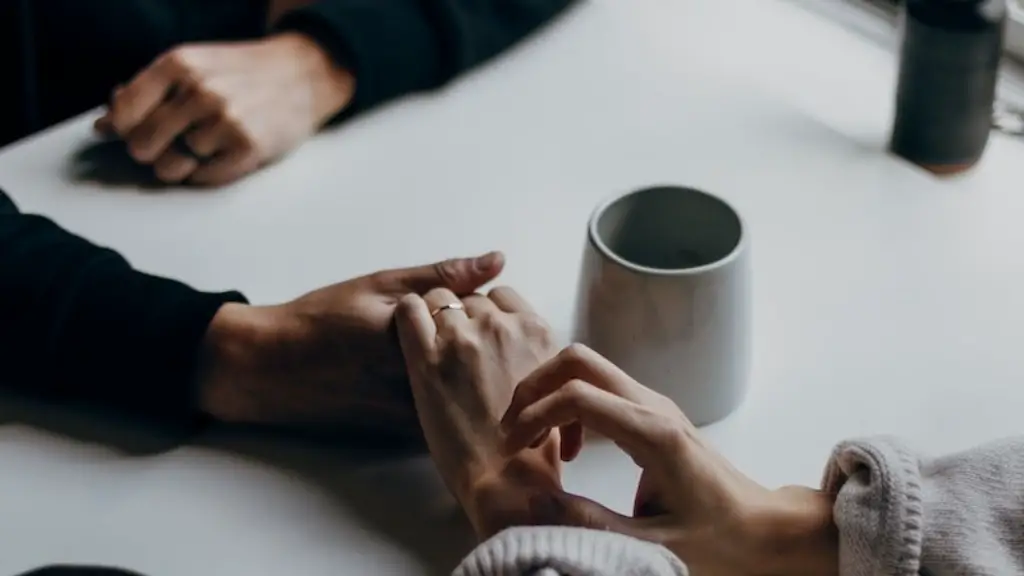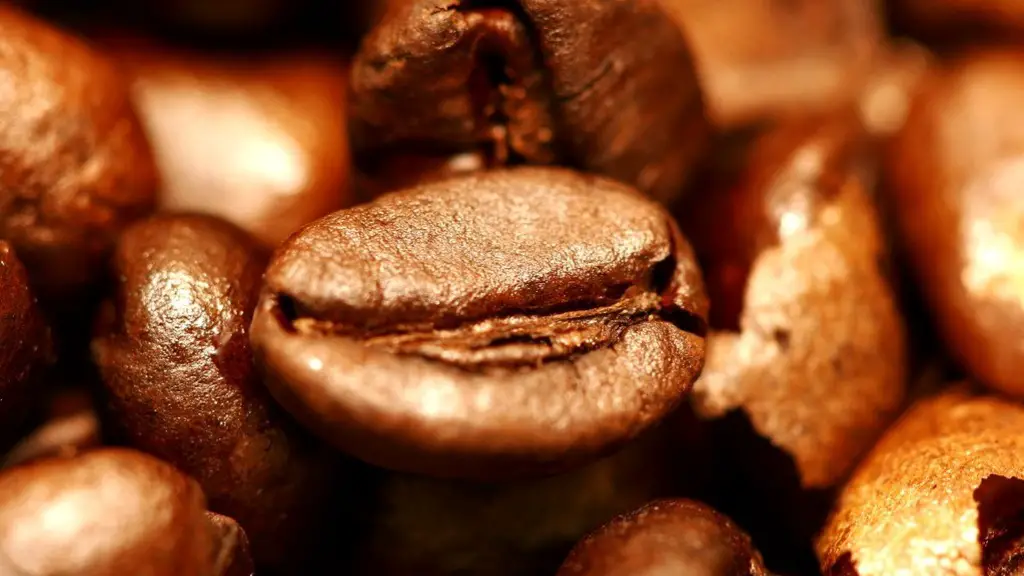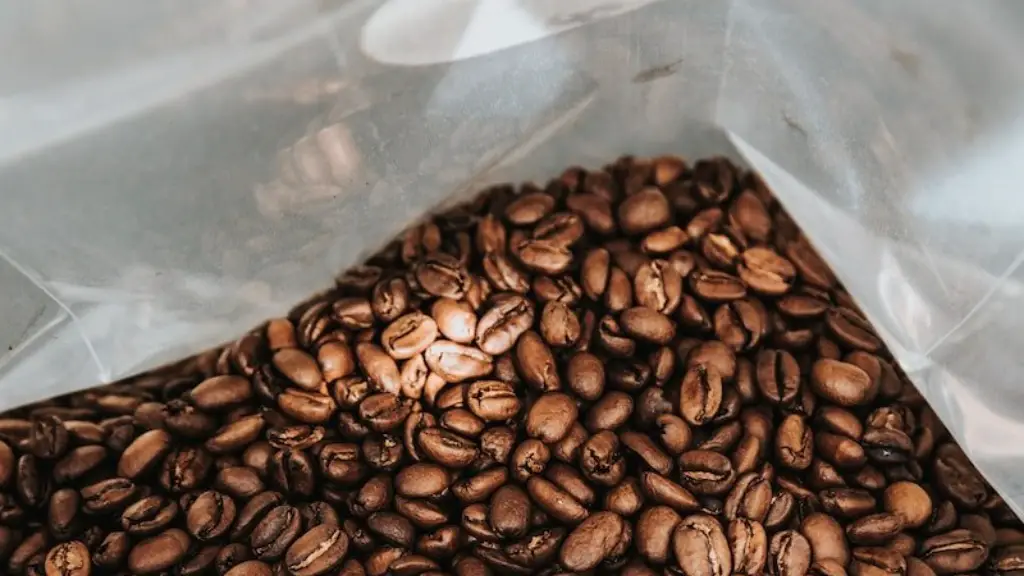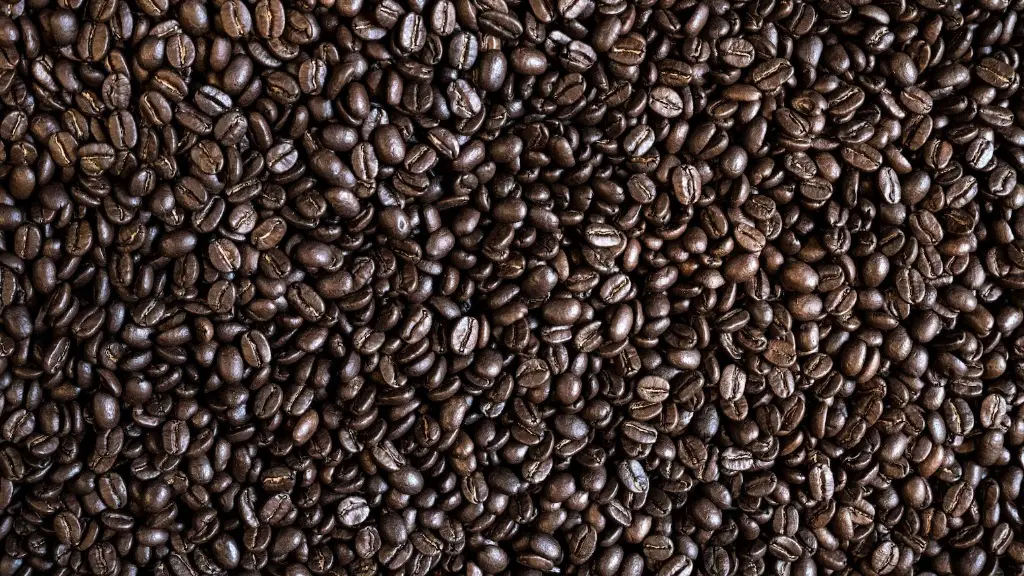In recent years, coffee has become somewhat of a lifestyle choice, with non-coffee drinkers often considered to be strange outliers. But is not drinking coffee really that bad for your health, as it’s often portrayed in modern culture? Let’s explore both the positive and negative sides of coffee drinking, as well as its potential health benefits and risks.
Most people know coffee as the delicious hot beverage made from coffee beans, but it also contains natural compounds that can have an effect on the body. Caffeine is the most well-known of these compounds, and is responsible for much of coffee’s energizing effects. It helps to increase alertness, clear the mind, and even boost physical performance.
Caffeine can also bring with it some potential health risks. In large doses, it can lead to jitters, restlessness, insomnia, and even higher blood pressure. People who already have heart problems or high blood pressure should avoid taking caffeine in large doses.
However, not all of the effects of coffee are negative. Some studies have actually indicated that moderate consumption of coffee can improve alertness and mood, as well as reducing the risk of certain illnesses such as Parkinson’s and Alzheimer’s. In fact, it is believed that the risks associated with drinking coffee are rarely associated with non-coffee drinkers.
But despite potential health benefits, many experts caution against consuming too much coffee, especially if consumed in excess or without proper hydration. People who are sensitive to caffeine or who suffer from fatigue may want to avoid coffee altogether. And of course, caffeine is still addictive, with some people becoming dependent on its energizing effects.
So what about those who choose not to drink coffee? Is not drinking coffee healthy? If a person isn’t drinking coffee for health reasons, it can certainly be considered healthy, as long as good eating habits and a balanced diet are also maintained. However, it is important to remember that everyone has different tolerances and needs, and should consult a doctor if they have any concerns about caffeine consumption.
Who Can Benefit From Not Drinking Coffee?
Not drinking coffee can be beneficial to those who are more sensitive to it, such as pregnant women, young children, and individuals with certain medical conditions. Additionally, some people may find that not consuming coffee helps to decrease anxiety or fatigue, or that it helps them to get a better night’s sleep.
It’s also important to consider the environment. Growing and processing coffee requires a lot water and energy, and decreasing consumption can help reduce the environmental impacts of coffee production. Additionally, those who choose not to drink coffee can enjoy alternative drinks, such as tea, smoothies, and herbal beverages. Many of these beverages can provide similar health benefits, as well as an enjoyable taste.
Effects of Not Drinking Coffee on Mental Health
Mental health is an important factor to consider when evaluating whether or not to drink or abstain from coffee. Some studies have shown that moderate coffee consumption can reduce stress levels, while others caution that its energizing effects can lead to anxiety. Caffeine can also affect focus, with some people reporting feeling more alert and productive while consuming coffee.
Not drinking coffee can also have mental health benefits, as it can be easier to focus on activities when there is less caffeine in the body. Additionally, for those who have trouble sleeping, not drinking coffee can lead to improved sleep quality.
What are the Alternatives to Not Drinking Coffee?
The most obvious alternative to coffee is tea. There are a variety of teas to choose from, some of which contain caffeine and others that don’t. Herbal tisanes and infusions are another popular choice for those looking for something a bit different. Most herbal drinks are caffeine free, and some are naturally sweet, making them a good alternative to sugary beverages.
Milk based beverages such as hot chocolate and coffee milk can also be great alternatives to coffee. For those looking for a hit of caffeine without the coffee taste, energy drinks can be a good option. Alternatively, some people may find that they don’t need a stimulant to stay alert and energized, and can get all the energy they need from eating a balanced diet.
What Are the Benefits Of Not Drinking Coffee?
One of the major benefits of not drinking coffee is that it is better for the environment. Coffee production uses a lot of energy and water, and reducing coffee consumption can help reduce the environmental impacts of coffee production. Additionally, by reducing coffee consumption, people can save money, as coffee can be expensive.
Not drinking coffee can also help with improving focus and concentration as well as reducing anxiety levels. Additionally, caffeine has been linked to a long list of health risks, and reducing or eliminating coffee consumption can help reduce them. Finally, those who choose not to drink coffee don’t have to worry about issues like addiction or withdrawal symptoms.
Does Not Drinking Coffee Make a Difference?
Ultimately, not drinking coffee can improve overall health and wellbeing in many ways. It can help reduce environmental impacts, save money, and improve mental clarity and focus. For those who don’t need the energizing effects of caffeine, not drinking coffee can be a viable option for improved health and wellbeing.
That being said, it’s important to remember that what works for one person may not work for another. Moderation is key, and those who choose to drink coffee should be mindful of their own individual needs and sensitivities. Ultimately, it is up to the individual to decide what is best for their own health.
Effects Of Not Drinking Coffee On Physical Health
The physical effects of not drinking coffee can vary depending on how much one was drinking prior to quitting. For those who drank coffee regularly, moderate amounts of caffeine withdrawal can be experienced including headaches, fatigue, and moodiness. However, after a few days, the withdrawal symptoms will lessen.
Not drinking coffee can also reduce the risks associated with consuming too much caffeine, such as insomnia, high blood pressure, and jitteriness. Additionally, drinking water instead of coffee can help to keep the body hydrated, which is essential for good physical health. Finally, for those who have trouble sleeping, not drinking coffee can help improve sleep quality.
What Are The Alternatives To Drinking Coffee?
There are many alternatives to drinking coffee, which come in both caffeinated and non-caffeinated varieties. Teas, energy drinks, and herbal tisanes are popular choices. Smoothies and juices can also be great alternatives for those looking for something more indulgent. Additionally, some people may prefer to get their energy from a balanced diet, instead of relying on caffeine.
When considering an alternative to coffee, it’s important to think about the potential health benefits. Herbal teas and tisanes can provide vitamins, minerals, and antioxidants which can help with overall health and wellbeing. Additionally, some of these beverages can provide a natural boost of energy, without the potential health risks associated with caffeine.
What Are The Health Benefits Of Not Drinking Coffee?
Giving up coffee can have numerous health benefits. It can help reduce anxiety and improve focus, as well as reducing the risks associated with consuming too much caffeine. Additionally, it can help to improve sleep quality and reduce the environmental impacts of coffee production. Finally, by not drinking coffee, people can save money and enjoy a variety of alternative drinks instead.
Not drinking coffee can be healthy for those who choose to abstain from it. With the potential health risks associated with excessive caffeine consumption and the environmental impacts of coffee production, it is important to consider the advantages of reducing coffee consumption or eliminating it altogether. Ultimately, it is up to the individual to decide what is best for their own health.





